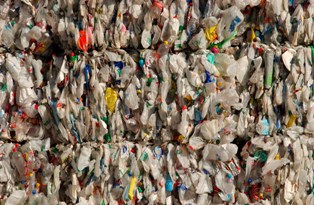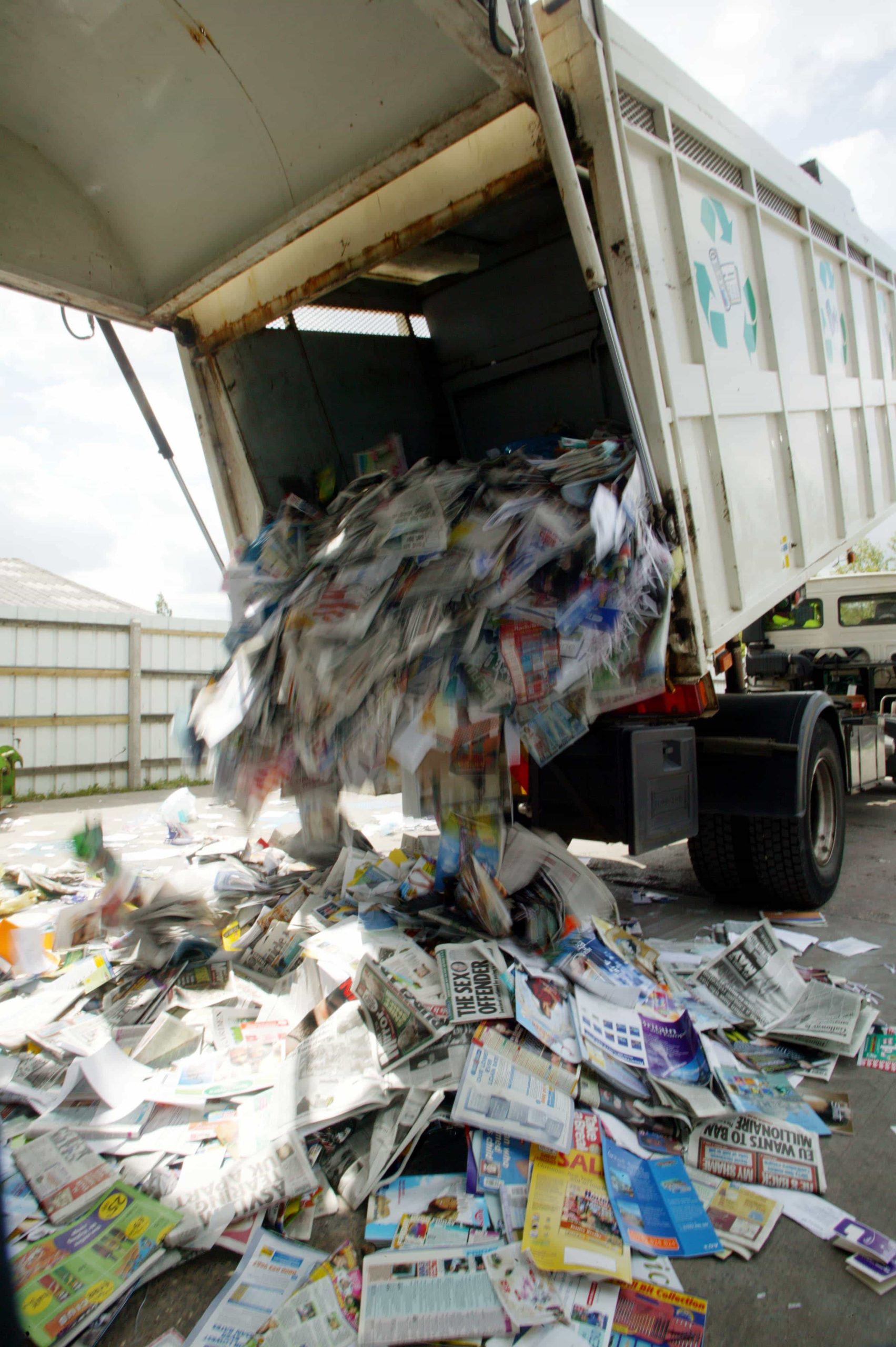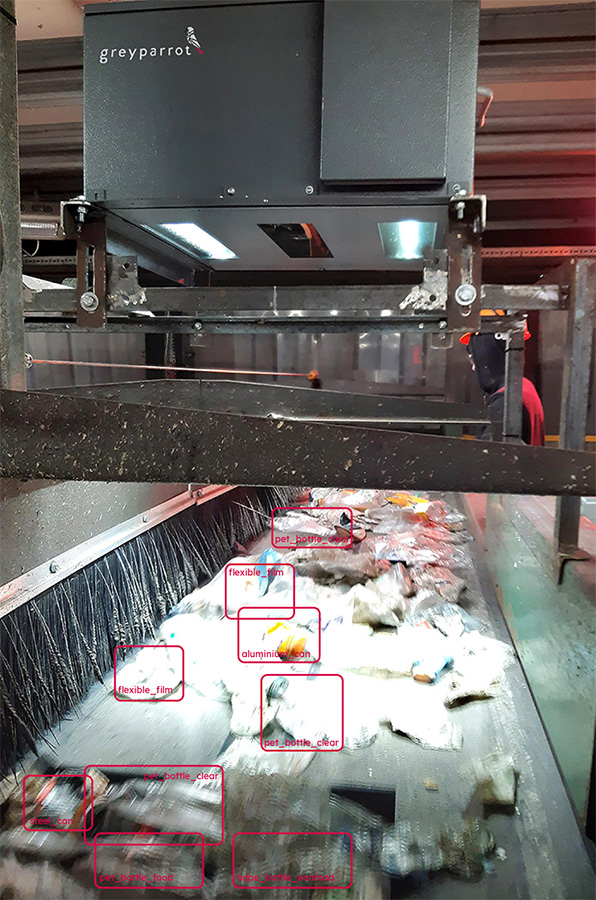Local Government minister Kris Hopkins is to present the government’s proposed settlement for council funding to MPs today (December 18), with an average spending cut of 1.8% for the year anticipated.

This comes as prices for used newspapers and poorer quality mixed paper are reduced this month. In the plastics sector, prices paid for film and used bottles are also down. And, the price for glass cullet has tumbled in the wake of a drop off in revenue from PRNs (packaging waste recovery notes).
Despite the belief by the Waste & Resources Action Programme that councils should be able to increase their income from recyclables, reprocessors have told letsrecycle.com that this is unlikely to be the case at least in the short term.
“I think that over the winter, councils will get a wake-up call as to the world market for materials. Some are protected by longer term contracts, but these will change eventually,” – this was the view from one expert, although they accepted that no one could say precisely what will happen in 2015.
And, senior figures in the waste management sector have suggested that companies might even choose not to bid for local authority work if the contract conditions are too onerous or inflexible.
Newsprint
In terms of material markets, on the newsprint front, the forthcoming closure of one of UPM’s paper machines at its Shotton mill in north Wales is seeing a surplus of used material arising in the domestic market. Overall, UPM is cutting the amount of used newspapers it uses by about 800,000 tonnes across Europe with the closure of other machines.
[testimonial id = “133” align=”right”]
Eventually, there should be a reduction in the amount of used newspapers in the marketplace as less new newsprint is made because fewer newspapers are being sold, but it is expected that this process will take at least twelve months to smooth out.
Consequently, the price paid for used newspapers is continuing to reduce. Whether the price can fall much further remains to be soon – too low a price could see used newspapers ending up in the mixed paper stream.
Mixed papers from materials recycling facilities are also facing lower values, although this varies according to quality, and conditions in Scotland are said to be particularly severe. Some reports are of domestic prices into the low thirties per tonne while good quality traditional mixed is selling for prices into the fifties.
One brighter spot for paper recyclers is good demand for office grade material, especially the sorted office waste grade, with the paper in demand at home and abroad for turning into white top material used to line lightweight packaging.
Export
Commenting on current market conditions Simon Ellin, chief executive of the Recycling Association, said: “Plastics have taken a big hit, which has caused significant problems within the industry. Paper prices have come off a little but it is not all doom and gloom because most grades are still moving OK.

“There has been a bit of a downturn in the Chinese market but material is still moving and quality is absolutely key. At a time when the market is squeezed, buyers are able to cherry pick the best material and we are seeing that at the moment.
“This reaffirms something we have been advocating which is that commodities prices are almost an irrelevance if you have the right contracts in place that move in line with the market. As an industry we have learned not to enter into contracts anticipating the good times, and retailers, businesses and councils need to know that it has got to be a partnership with reprocessors and mills that reflects fluctuating commodities prices.”
Plastics
Potentially of more concern to local authorities and waste management companies is the falling price paid for used plastics.
Already, the UK has seen one major company, Eco Plastics, go into administration and be sold on. And, the outlook is said to remain tricky overall for the plastics recycling sector.
While there is steady demand for HDPE material – such as in used milk bottles – prices paid for waste plastics are reducing. Used film grades are also down and with the oil price continuing to fall, the whole sector is said, by one industry source, to be “alarmed” at the way things are going.
With WRAP only recently commenting that householders are confused about what plastics they can recycle, the picture is now one where the recycling of pots, tubs and trays may be increasingly unaffordable because of the low value of the material. And, this comes in the face of a growing export marked for refuse derived fuel, with users of RDF usually happy for bales to have a plastic content subject to chlorine levels.
Oil
This pressure on the plastics recycling sector is being compounded by the falling oil price, which has plummeted over the last month to its lowest level since 2009 at $59 a barrel, and is driving down the cost of virgin polymers. With the virgin polymer price dropping, this puts increasing pressure on the value of recovered materials.
[testimonial id = “134” align=”right”]
John Dhillon, managing director at export firm Eurokey Recycling, said: “In terms of demand for plastics three weeks ago we saw a stable demand. We then saw the oil price fall by around 3% in a single day, this has triggered alarm bells in terms of prices.
“A lot of end users of material have backed out of the market because they want to know where the bottom is going to be for virgin material. Until people know that, it is difficult to put a price on material. This also comes at a time of year when our biggest market – China – is always very quiet.”
Looking ahead to 2015, questions remain about the demand from China for waste paper and plastics from the UK. Shipping costs could rise in 2015 as shipping companies have to meet new targets for reducing sulphur emissions from their ships. This will see them using better quality fuel or modifying engines so pushing export costs up.
And, on the other side of the coin, UK board mills could face greater competition from China from exports of linerboard to the UK. There is an expectation that taxes on the exports of the material to the UK could change and this would bring down the price for the Chinese linerboard.









Subscribe for free